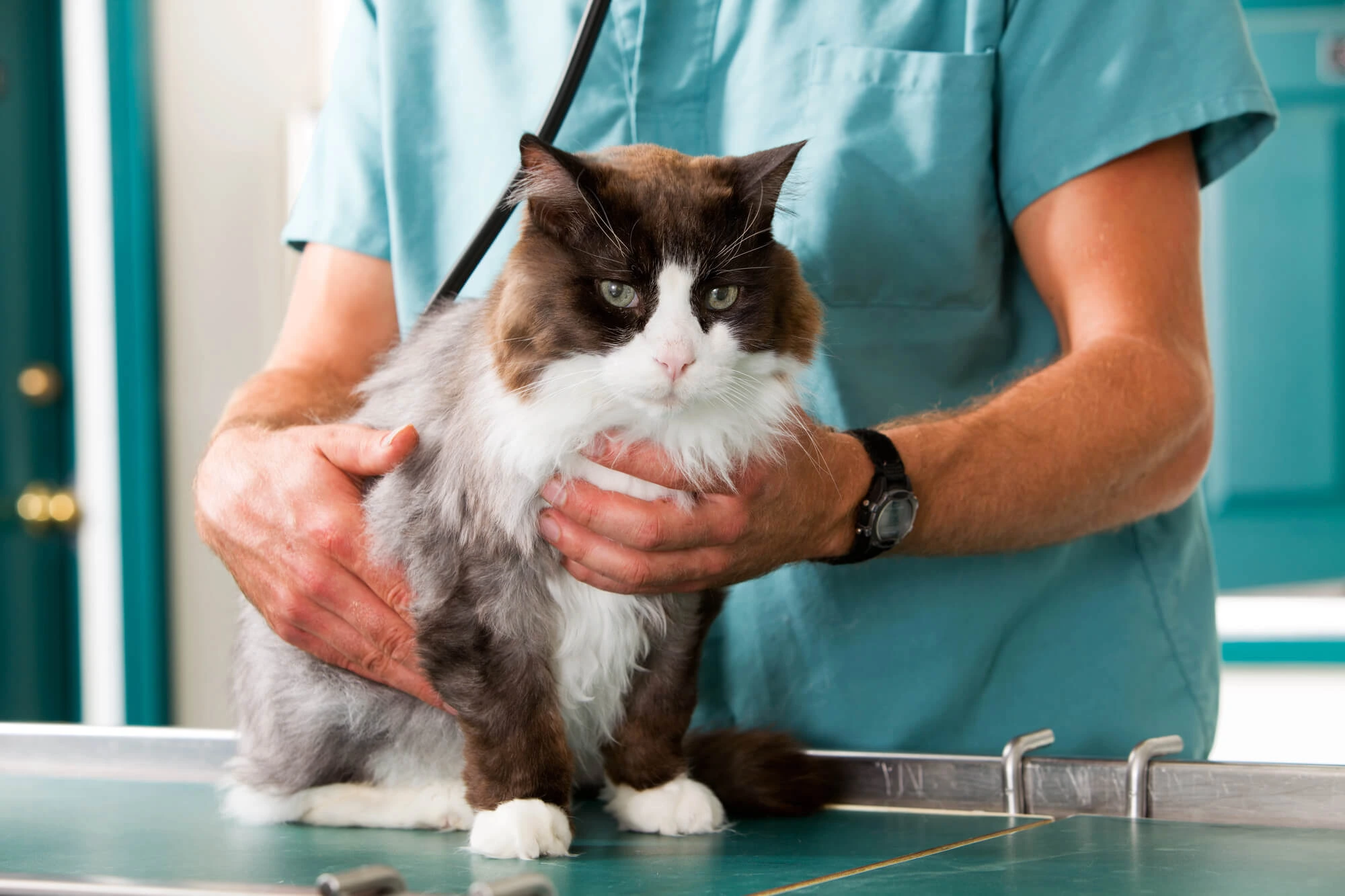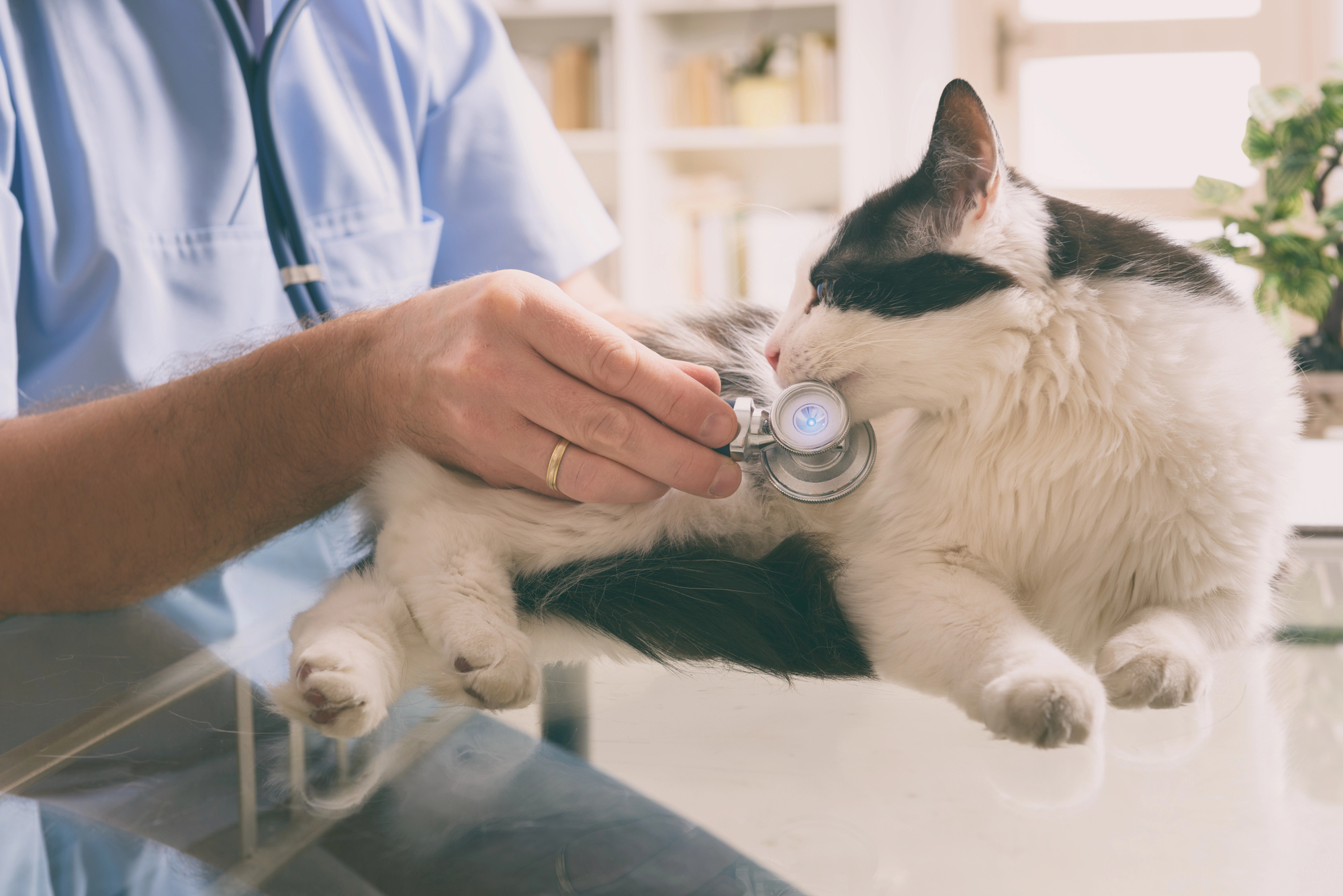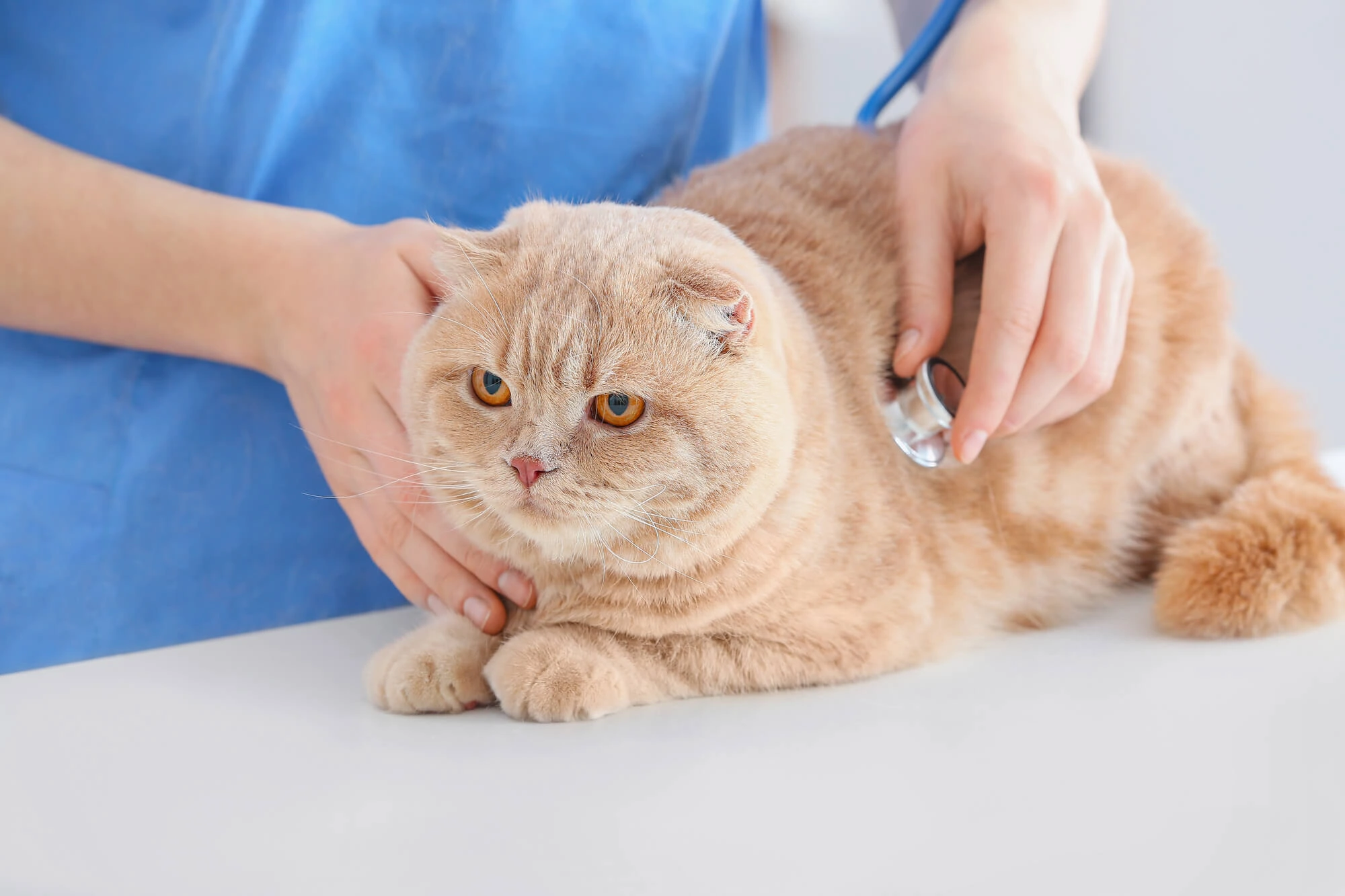Recognizing Signs of Dental Pain in Pets

Recognizing Signs of Dental Pain in Pets
Dental pain in pets often goes unnoticed by even the most attentive owners, largely because dogs and cats are masters at hiding discomfort. At Golden Heart Veterinary Care, located in the heart of Windermere, FL, our veterinary team understands just how challenging it can be to spot the early indicators of oral discomfort in your furry family members. Whether you are scheduling your pet’s annual wellness check or concerned about recent changes in their behavior, understanding the subtle signs of toothache in dogs and cats is vital to keeping them healthy and happy. In this blog, we will explore the common signs of dental pain in pets, discuss what causes these issues, review available dental treatments, and provide guidance on when to seek professional care at our full-service veterinary clinic. If you have ever searched for a "dental vet near me" or wondered about pet dental care in Windermere, you are in the right place to get answers and support.
Maintaining your pet’s oral health is about more than just fresh breath; it is a crucial part of their overall well-being. Our veterinarians at Golden Heart Veterinary Care offer comprehensive dental services, including professional dental cleaning, advanced dental radiography, and oral surgery when needed. We are committed to helping pet owners in Windermere and surrounding communities recognize problems early, address them effectively, and prevent future pain. If you notice any of the signs discussed here, scheduling an appointment at our 13205 Reams Rd, Suite 172, Windermere, FL 34786 location is the first step to restoring your pet’s comfort and health.
Spotting the Signs: How to Recognize Dental Pain in Pets
When pets suffer from dental pain, the signs are often subtle at first. Dogs and cats rarely vocalize their discomfort, so it is important to watch for changes in their normal habits. Signs of toothache in dogs and cats can include reluctance to eat or chew on toys, dropping food while eating, chewing on only one side of the mouth, or suddenly preferring soft foods over kibble. Additionally, you might notice bad breath, excessive drooling, pawing at the mouth, or swelling around the jaw or face.
Other warning signs to observe are behavioral changes, such as increased irritability, hiding, or decreased activity. Sometimes, pets with dental pain may groom themselves less frequently, especially cats, or resist having their mouths touched. If your pet’s appetite or mood shifts without an obvious cause, dental discomfort could be the underlying issue.
In certain cases, bleeding from the gums or visible tartar buildup may signal advanced dental disease. Owners in Windermere searching for "veterinarian near me" often discover that what seemed like minor changes were actually the first signs of a serious dental problem. Early recognition is key; prompt attention helps prevent complications and restores your pet’s quality of life.
Subtle Behaviors That Signal Discomfort
Pets may show subtle habits that often go unnoticed. For instance, a dog that suddenly hesitates before picking up a favorite chew toy or a cat that starts dropping treats could be experiencing mouth pain. Even pets who remain playful may be quietly adapting to minimize discomfort; it is not uncommon for them to sleep more or avoid certain foods.
Understanding the Causes: Why Dental Pain Happens in Pets
Dental pain in pets develops from a variety of underlying issues. The most common cause is periodontal disease, which occurs when plaque and tartar accumulate on the teeth, leading to inflammation, infection, and potential tooth loss. Other causes involve fractured teeth from chewing on hard objects, resorptive lesions (especially in cats), oral injuries, or retained baby teeth in younger animals.
Additionally, oral tumors, abscesses, and advanced decay can all result in significant discomfort for your pet. Some breeds are more susceptible to dental issues due to genetics or skull shape, such as small dog breeds and flat-faced cats. Environmental factors, including the type of diet, access to dental chews, and how often teeth are brushed, also influence your pet’s risk for dental pain.
In the humid climate of Windermere and surrounding communities, pets may be more prone to tartar buildup, especially if they spend time outdoors and have access to treats that can stick to their teeth. Understanding these common causes can help you take preventive steps and recognize when it might be time to seek veterinary dental care in Windermere.
Why Early Intervention Matters
Dental disease tends to progress gradually, which is why many owners are caught off guard by a sudden dental emergency. Regular checkups with a "vet near me" who offers dental services can help catch problems before they become painful or require more invasive treatment.
Treatment Options: How Golden Heart Veterinary Care Can Help
When dental pain is suspected, a thorough oral examination by our veterinary team is the most effective way to identify the source of discomfort. Diagnostic imaging, such as dental radiographs, allows us to see below the surface and uncover hidden issues like root infections or bone loss. Treatment options for dental pain in pets often include professional cleaning to remove tartar and plaque, targeted antibiotics for infections, and surgical procedures such as extractions or oral surgery if a tooth is beyond saving.
If your pet requires more advanced care, our veterinarians are equipped to provide pet oral surgery and teeth extractions right here in Windermere. These services are performed under anesthesia to ensure your pet’s comfort and safety. Our goal is to address your pet’s immediate pain while preventing recurrence through ongoing dental maintenance and education.
Pain relief is always prioritized, with medications prescribed as appropriate for each animal’s needs. After treatment, our veterinary professionals will develop a plan for at-home care and schedule follow-up visits to monitor healing and prevent new problems from developing.
What to Expect During a Dental Appointment
During your pet’s dental visit at Golden Heart Veterinary Care, we will conduct a full oral health assessment, discuss any findings with you, and recommend the best course of action. For many pets, professional cleaning under anesthesia is the first step; in more severe cases, extractions or oral surgery may be advised to alleviate pain and restore function.
Prevention and Home Care: Keeping Your Pet’s Teeth Healthy
The best way to manage dental pain in pets is to prevent it from developing in the first place. Routine home care steps include brushing your pet’s teeth regularly with a pet-safe toothpaste, providing dental chews or toys designed to reduce plaque, and monitoring for changes in eating or behavior. Additionally, scheduling routine veterinary dental cleanings in Windermere ensures that any problems are caught early and treated before they escalate.
Our veterinarians recommend annual dental checkups for most pets, although some may require more frequent visits due to age, breed, or existing health conditions. Feeding a balanced diet, avoiding hard chew toys that could fracture teeth, and maintaining a consistent oral hygiene routine at home all contribute to better dental health.
Building Good Habits at Home
Introducing tooth brushing to your pet can be a gradual process. Start by letting your pet sniff and taste the toothpaste, then progress to gentle brushing as they become comfortable. Rewarding your pet with praise and treats for cooperation helps make dental care a positive experience.
For more guidance on effective home care routines, our veterinary team is always available to answer questions and provide demonstrations during your visits to our Windermere clinic.
When to Seek Veterinary Care: Knowing the Right Time
While minor changes in your pet’s eating or grooming habits can sometimes resolve on their own, persistent or worsening signs of toothache in dogs and cats require prompt veterinary attention. If your pet refuses food for more than a day, exhibits facial swelling, bleeds from the mouth, or develops a foul odor that does not improve with basic care, contact our veterinary professionals immediately. Dental pain can quickly escalate, leading to infections that affect other organs and overall health.
If you are searching for "dental vet near me" or "pet dental care near Windermere," our team at Golden Heart Veterinary Care is here to help. Delaying treatment often results in more complex and costly interventions down the road. For pets with chronic conditions or immune system concerns, rapid intervention is even more critical.
What Happens If Dental Pain Is Left Untreated
Untreated dental issues can lead to serious health consequences, such as heart, liver, or kidney disease, as bacteria from oral infections enter the bloodstream. Ensuring prompt care not only relieves your pet’s pain but also protects their long-term health.
Compassionate Dental Care for Your Pet in Windermere
Dental pain in pets is a common but preventable problem that can significantly impact your dog or cat’s quality of life. At Golden Heart Veterinary Care, we are committed to partnering with you to recognize the signs of oral discomfort and provide personalized care at every stage. Our veterinarians offer comprehensive dental services in Windermere, from preventive cleanings to advanced pet oral surgery and extractions, ensuring your pet receives the highest standard of care.
If you have noticed changes in your pet’s eating habits, behavior, or breath, do not wait to seek help. Schedule an appointment today by calling (407) 392-1888 or visiting our Windermere location. Our veterinary team is proud to be the trusted "vet near me" for families in Windermere and surrounding communities. Investing in routine dental cleaning services for pets in Windermere is one of the best ways to prevent discomfort and ensure your pet’s lifelong health.
Your pet deserves a pain-free, happy life. Let us help you provide it, with expert dental care and ongoing support at every stage.
Disclaimer: The information provided in this blog is for educational purposes only and should not be used as a substitute for professional veterinary care. If you suspect your pet may be in pain or is experiencing a dental emergency, contact our veterinary team or your local veterinarian for guidance. For more resources on pet dental health, please visit the American Veterinary Dental College.






















